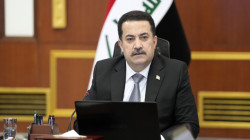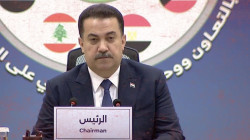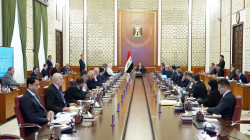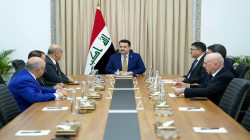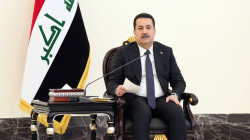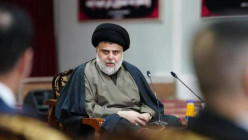PM Al-Sudani stresses efforts to form alliance against drugs
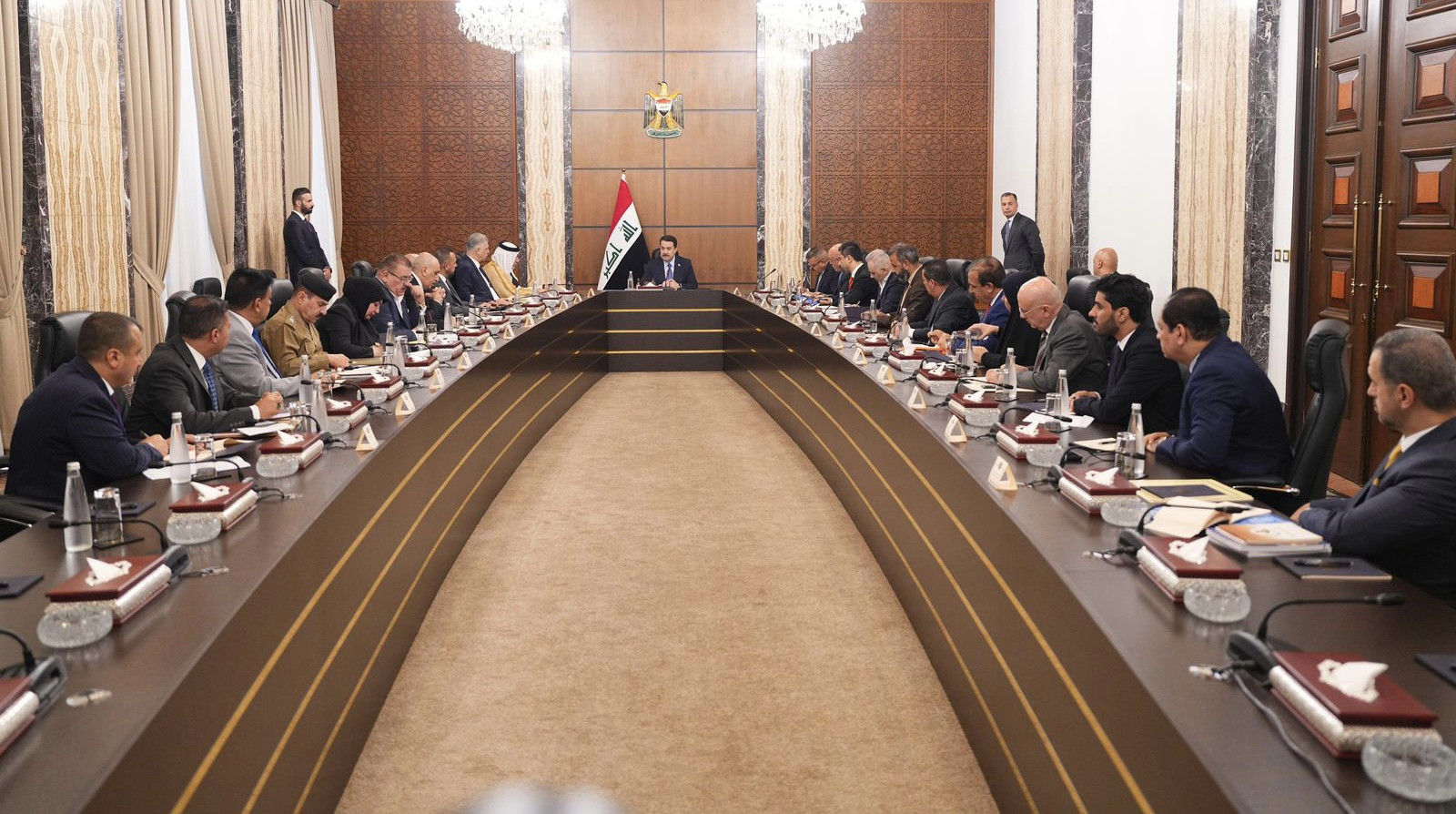
Shafaq News/ Prime Minister Mohammed Shia Al-Sudani chaired a meeting, on Monday, to discuss and follow up on the government's measures to combat drugs in Iraq.
According to the PM’s media office, “The meeting was attended by the Ministers of Interior, Health, and Justice, as well as the Chair and members of the Parliamentary Committee on Combating Drugs and Psychotropic Substances.”
The meeting reviewed a working paper presented by the head of the Parliamentary Drug Committee, which addressed several aspects, including the practical measures taken by the Ministries of Health, Interior, and Justice, the role of governors, amending the anti-drug law, and the possibility of elevating the status of the drug control unit in the Ministry of Interior.
“The Prime Minister directed that this meeting be held regularly every two months to follow up on the implementation of decisions previously made by the Council of Ministers and the Higher Committee for Coordination between governorates, including the allocation of land in each governorate for the construction of advanced centers for the rehabilitation of addicts.”
Moreover, Al-Sudani praised the formation of a specialized parliamentary committee to tackle the drug challenge, emphasizing the “government's responsiveness to all positive initiatives in this critical issue.” He highlighted the recent recommendations from the religious authority, which emphasized the support of security and auxiliary forces in combating the growing drug threat.”
He highlighted the “inclusion of drug-related crime reports and drug seizures in the reward mechanism,” ensuring that “necessary resources have been allocated for anti-drug security operations.” The PM stressed the government's openness to collaborating with organizations, activists, and all parties concerned with protecting the youth from the dangers of drugs.
Al-Sudani also announced coordination between “the Ministries of Foreign Affairs and Interior, as well as the National Intelligence Service, to appoint liaison officers with friendly countries for tracking drug networks, recognizing it as a cross-border crime,” stressing efforts to form a regional and international anti-drug coalition, with Iraq as a key member.
Additionally, the prime minister affirmed progress in completing memoranda of understanding with neighboring countries for swift intelligence sharing to combat drug trafficking networks, noting unprecedented cooperation with these nations.
Notably, the drug problem in Iraq has intensified in recent years, evolving from a minor issue to a major crisis due to political instability, weakened governance, and porous borders.
Historically a transit country, Iraq now faces significant challenges with rising drug trafficking and domestic consumption, particularly of crystal meth, captagon, and hashish.
